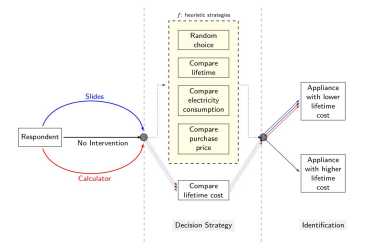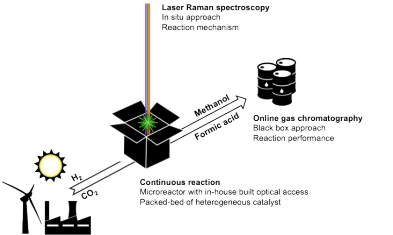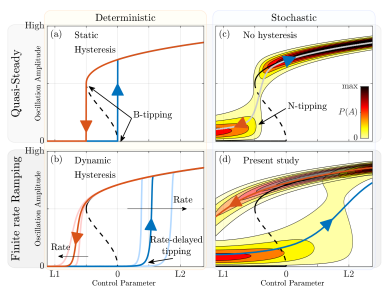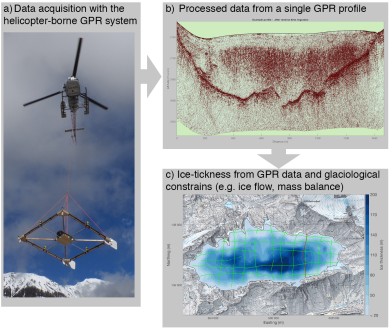04
Narrowing The Energy Efficiency Gap: The Impact Of Educational Programs, Online Support Tools And Energy-Related Investment Literacy

A higher adoption rate of energy-efficient appliances is expected to contribute towards improvement in energy efficiency within the residential sector. In this study, we explore the possibility that an improvement of the consumers’ energy-related investment literacy increases the probability that households identify the most cost-effective appliance.
Alternative synthetic perspectives for CO2 hydrogenation towards liquid chemical energy carriers

Synthetic liquid fuels are ideal vectors for the distribution and storage of sustainable energy, allowing the exploitation of the actual infrastructure for fossil hydrocarbons. Such chemical energy carriers can be synthesised from recycled CO2 and H2 produced from intermittent renewable electrical power provided robust catalysts are developed.
Our congratulations to Marco Mazzotti and John Lygeros for receiving an ERC Advanced Grant!

The ESC is delighted to congratulate two of our members, Prof. Marco Mazzotti and Prof. John Lygeros, for receving an European Research Council (ERC) Advanced Grant.
Experiments and modelling of rate-dependent transition delay in a stochastic subcritical bifurcation

A recent publication of the CAPS laboratory studies the complex dynamics of a lab-scale combustor subject to thermoacoustic instability. This phenomenon is a recurrent issue in constant pressure combustor -such as gas turbines, aeronautical engines or rockets- which can lead to catastrophic failures of the combustion system. This instability can arise suddenly, if the operating condition of the machine is varied.
Surveying The Ice Volume Of Glaciers - A Shrinking Resource For Hydropower Exploitation - With Helicopter-Borne Ground Penetrating Radar

Melt water from glaciers makes a significant contribution to the overall discharge of Swiss rivers, especially during hot and dry summers. Consequently, the reduction of the ice volume in the Alps due to the ongoing melting of glaciers will have a strong impact on many fields including the electricity production from hydropower. For predicting the future discharge of rivers, a good knowledge of today’s ice volumes and the topography of the underlying bedrock is crucial.